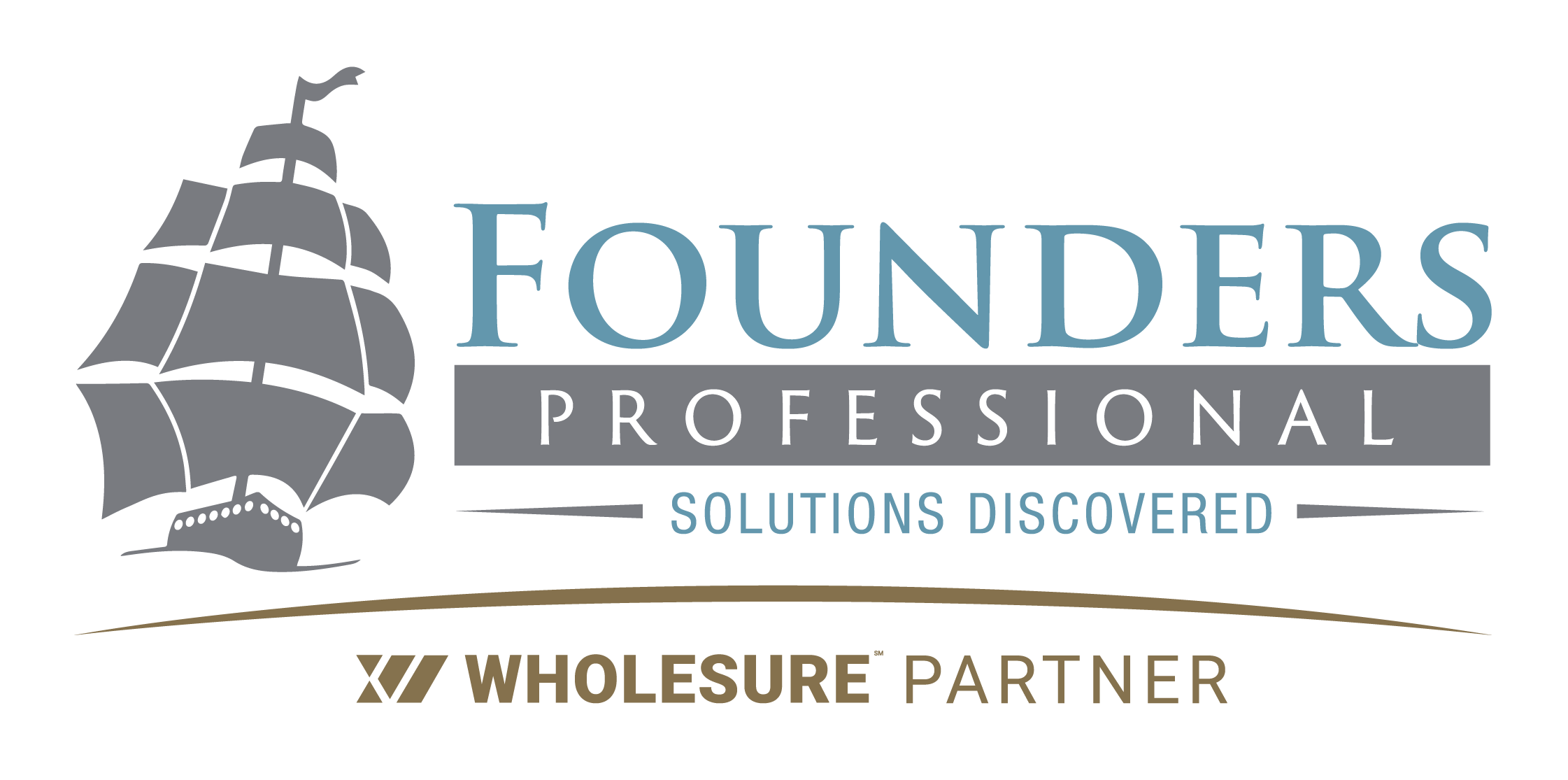Class Action COVID
Prior to COVID-19, the D&O insurance market was already undergoing a period of remedial correction in terms of both pricing and carrier appetite, following years of soft market trading conditions and heavy losses. However, the initial impact of the pandemic alongside some of the longer-term effects is already being realized, such as the largest rises in unemployment since the 1930’s. This is set to generate a genuine threat of a global economic slump, only comparable to the economic contraction experienced in the 1930’s Global Depression.
These circumstances have caused an even greater pricing surge within both the Public and Private D&O market, where in some sectors , namely US listed companies in the aviation, retail and hospital sectors, triple digit rate rises have become a norm, as underwriters attempt to value of risk of future litigation against financially distressed entities.
Rather than looking towards future claims, this article summaries the litigation that has been filed to date regarding COVID-19 related claims.
D&O Claims To Date
Xperi & TiVo Merger
On 15th May, Xperi shareholder, Local 464A United Food and Commercial Workers Union Pension Fund, filed a class action complaint in the Delaware Court of Chancery against Xperi’s board of directors. On behalf of all holders of Xperi’s common stock as of February 21, 2020, the suit concerns the agreed $3 Billion stock-for-stock merger between Xperi and TiVo, dating back to December 18, 2019, (before the coronavirus outbreak). On the 22nd April 2020, Xperi issued the final proxy statement with respect to the merger; the special meeting to vote on the merger was scheduled for the 29th May, which went ahead successfully. Among other things, the plaintiff details the shareholders belief that the defendant board members breached their fiduciary duties by failing to provide investors with adequate disclosures about the impact of the coronavirus outbreak on the deal and failing to reassess it in view of the fact that the pandemic represents a ‘material adverse event’ under the merger agreement.
Elanco Animal Health
On the 20th May, a plaintiff shareholder filed a securities class action against the Elanco Animal Health board of Directors. The complaint alleges the directors failed to disclose to investors that, after reducing the company’s distributors from eight to four, the company increased the amount of inventory held by each distributor, with the distributors then experiencing insufficient demand to sell through the inventory, and as a result, that the company’s revenue was likely to decline. The lawsuit is on behalf of all investors who purchased company securities between January 7th and May 6th, 2020. According to the complaint, share prices declined over 13% on news of Elanco’s 9 percent revenue decline in their Q1 report.
Sorrento Therapeutics
Sorrento is a Biopharma company that researches human therapeutic antibodies for treatment of cancer, inflammation, and infectious disease. On May 8th, they announced a collaboration with Mount Sinai Health System, with the sole purpose of “generating antibody products that would act as a COVID-19 protective shield against SARS CoV-2” potentially blocking and neutralizing the activity of the virus in recently infected individuals.
In a press release on May 15th, Sorrento announced they had discovered an antibody that had “demonstrated 100% inhibition of SARS-CoV-2 virus infection”. Their share price subsequently rose 281.7% from the end of trading the day prior to the announcement to an intraday high price on May 18, 2020. May 20th, online research firm Hindenburg Research issued a report detailing skepticism of Sorrento’s claims, referring to these claims as “nonsense” and “too good to be true”. Further, claiming employees at Mount Sinai said, “nothing in medicine is 100%”. The CEO of Sorrento appeared on Yahoo Finance the same day, rebutting the Hindenburg report. Following news of these events, share prices fell 43%.
A plaintiff shareholder filed a securities class action on May 26th against the directors and officers of Sorrento, on behalf of investors who purchased securities between May 15th, and May 22nd, (inclusive). The complaint alleges the defendants misinterpreted or failed to disclose that:
1) The company’s initial finding of “100% inhibition” in a vitro virus infection will not necessarily translate to success or safety in vivo, or in person.
2) The company’s finding was not a ‘cure’ for COVID-19.
3) As a result, defendants’ positive statements about the company’s business, operations and prospects were materially misleading and/or lacked reasonable basis.
Carnival Corporation
Carnival Corporate is the world’s largest cruise ships company. On February 5th, 2020, the Diamond Princess cruise ship owned by a unit of Carnival, was quarantined. By March 5th, seven of the company’s cruise ships accounted for 49 of the then 70 cruise ship coronavirus related fatalities. Bloomberg later published an article, “Carnival Executives Knew They Had a Virus Problem, But Kept the Party Going”, fueling belief that Carnival were failing to adequately protect passengers and continued to operate new cruise ship departures despite knowledge of COVID-19. This article was published April 16th, Carnival still had two cruise ships at sea at this time.
The ‘Wall Street Journal’ followed with the publishing of “Cruise Ships Set Sail Knowing the Deadly Risk to Passengers and Crew, May 1st, including information from an Australian investigation that showed Carnival and its cruise ships may have misled shore officials by concealing those exhibiting COVID-19 symptoms before docking. That same day, a congressional committee initiated a records request to Carnival.
A class action was filed May 27th against certain directors and officers of Carnival; on behalf of investors who purchased securities between Jan 28th and May 1st, 2020. The complaint alleges that the defendants failed to disclose to investors during the class period that:
1) Company Medics were reporting increasing events of COVID-19 illness on the company’s ships.
2) Carnival was violating port of call regulations by concealing the amount and severity of COVID- 19 infections on board its ships.
3) In response to the outbreak, Carnival failed to follow its own health and safety protocols developed in the wake of other communicable disease outbreaks.
4) By continuing to operate, were responsible for continuing to spread COVID-19 at various ports and as a result of everything mentioned, the defendant’s positive statements about the company’s business, operations, and prospects, were materially misleading and/or lacked a reasonable basis.
Summary
There is currently a total of nine coronavirus related securities class action lawsuits, which remains a relatively low number. Industry opinion remains sympathetic towards insureds in the event of litigation relating to preparedness towards COVID-19, due to the systematic nature of the event. Therefore, plaintiff firms continue to focus efforts on event driven litigation at present.
A fear renders amongst market participants regarding market developments as we begin to move past the initial health crisis and progress in the wider economic downturn that will likely ensue. Further lawsuits will likely arise in larger volume as a result of the actions taken during this period, including insolvencies, government anti-trust investigations due to a consolidation in market supply and cyber security standards.
© Beach & Associates Ltd.

